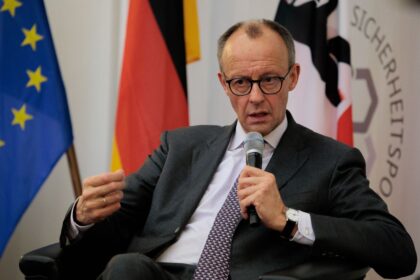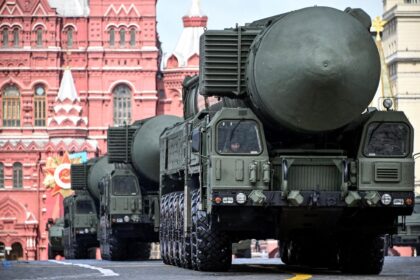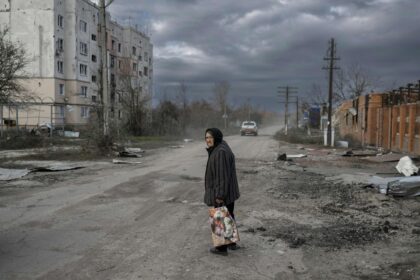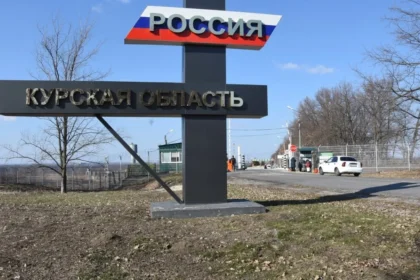**OPEC+ Agrees to Boost Oil Production for Third Consecutive Month**
In a move that is expected to send oil prices plummeting, the Organization of the Petroleum Exporting Countries (OPEC+) has agreed to increase crude production by 411,000 barrels per day in July. This decision marks the third consecutive monthly increase and represents a significant shift in strategy from the group’s traditional approach of curbing output to maintain high oil prices.
According to sources familiar with the talks, key producers including Saudi Arabia reached this agreement during a virtual meeting on May 31. The move is seen as a response to growing global demand for oil, despite ongoing challenges such as President Donald Trump’s trade war. Interestingly, Russia, a major partner in OPEC+, reportedly proposed pausing the increases but was overruled.
The implications of this decision are far-reaching. Oil prices briefly dropped below $60 per barrel in April after OPEC+ announced the output increases, causing concern among oil-producing nations. However, prices have since rebounded slightly, with Brent crude trading around $64 in London. Analysts and officials have pointed to a range of motives behind Saudi Arabia’s policy change, including efforts to placate Trump, regain market share lost to U.S. shale producers, or simply respond to unexpectedly strong demand.
**A Shift in Strategy**
The decision by OPEC+ to boost oil production represents a significant shift in strategy from the group’s traditional approach of curbing output to maintain high oil prices. This change is expected to have far-reaching consequences for oil-producing nations, as lower crude prices benefit consumers and help central banks combat inflation but threaten the revenues of oil-exporting countries.
**Why Saudi Arabia Made This Move**
Saudi Arabia’s decision to increase oil production has sparked debate among analysts and officials about its motivations. Some suggest that Riyadh is trying to placate Trump, while others argue that the kingdom is seeking to regain market share lost to U.S. shale producers and other competitors. Additional theories include punishing members such as Kazakhstan and Iraq for exceeding their output quotas or responding to unexpectedly strong demand.
**What’s at Stake**
The shift in strategy by OPEC+ has significant implications for oil-producing nations, which rely heavily on crude exports for revenue. While lower oil prices benefit consumers and help central banks combat inflation, they pose a financial risk to countries that export oil. As the global energy landscape continues to evolve, it will be interesting to see how this decision plays out in the months ahead.
Read More @ kyivindependent.com












